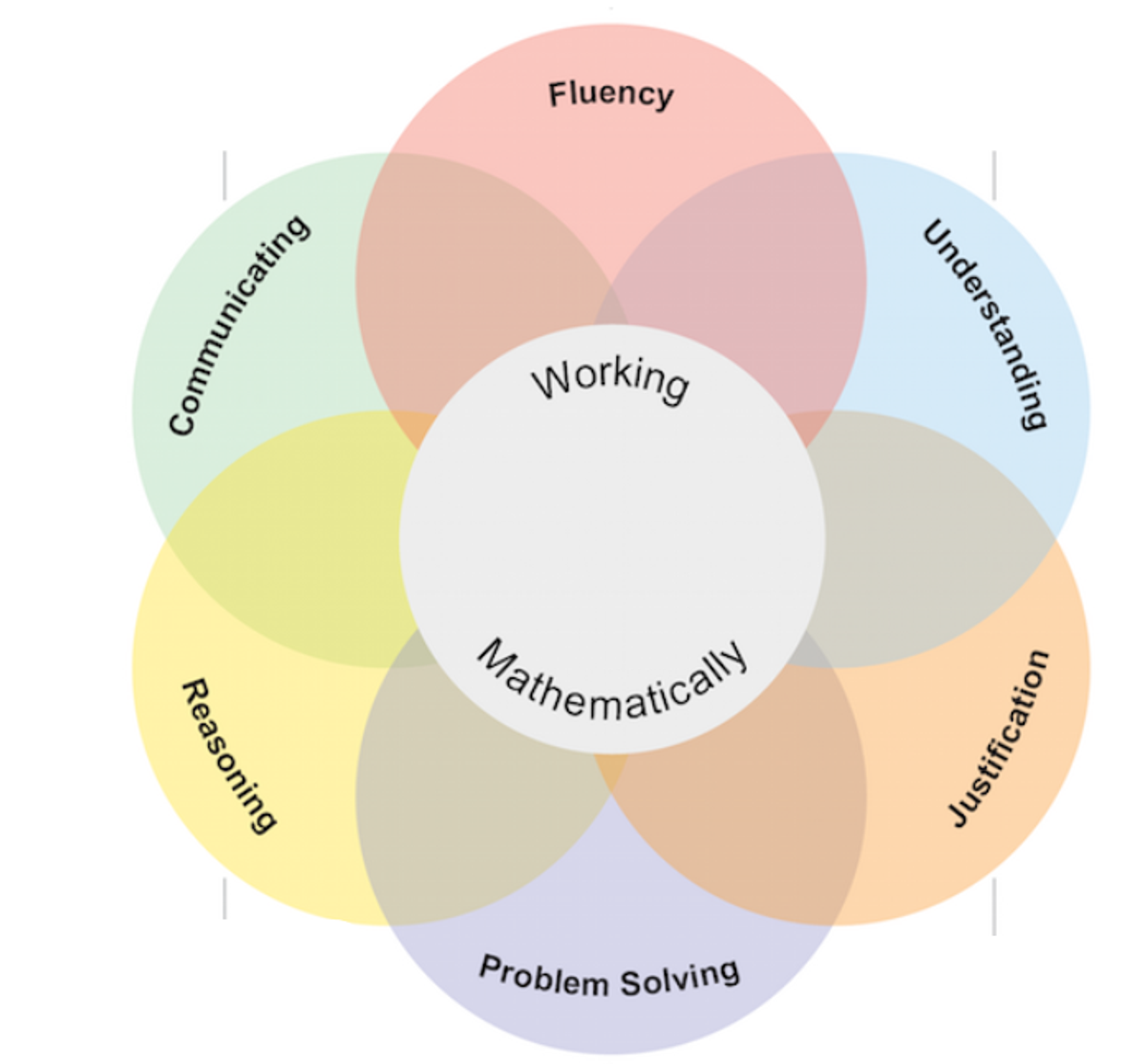Numeracy News

Working Mathematically…. What is it? How does my child develop these skills? Why is it on their school academic report? If you have ever wondered any of these questions you are not alone!
Problem Solving is one of the six interrelated skills which are part of the Working Mathematically outcome.
Problem Solving
Problem Solving is a key skill which students use to demonstrate their understanding of a mathematical concept or skill. Often students may understand mathematical content but may find it difficult to apply this in a problem solving situation.
We can build students' problem solving skills through exposing them to routine and non-routine problems. Some problems in mathematics can be readily solved based on experience. When confronted with a routine mathematics problem students are able to apply a known strategy. Non-routine problems are problems in which students do not immediately know a usable solution method. Questions that might start out as problematic can become routine as knowledge and experience grows. Non-routine problems require productive thinking because the student needs to invent a way to understand and solve the problem. Students need experience with both routine and non-routine mathematics problems.
How does this look in a Maths lesson?
Throughout a sequence of lessons students engage in routine and non-routine problems. Non-routine problems are presented through open-ended tasks which may have more than one answer, or more than one strategy which can be applied to find a solution. Students engage with non-routine problems with the teacher supporting the process explicitly teaching at the point of need.
Routine problems are presented through close-ended questions where there is often one solution or strategy which is applied. Students are provided such questions to consolidate their skills or knowledge which they have learnt.
In becoming proficient mathematics problem-solvers, students:
- learn how to form mental representations of problems
- apply mathematical relationships
- devise solution methods when needed.
How can I help my child develop mathematical communication skills?
There are many ways you can support your child’s development of their mathematical problem solving skills at home. Some of these may be:
- Discussing the question which is posed by asking your child:
What is this question asking you to do?
What are the key words in this problem? Can we underline or circle them?
What skills do you know that could apply to this problem?
What have you learnt about ____ that could help you solve this problem?
Where could you start? What is the first step you could take?
- Allow your child to ‘‘think productively’ brainstorming and suggesting approaches and solutions without providing or tell them the required method instantly.
- Provide encouragement and praise for the process of applying different strategies and working towards an approach as opposed to praise for the solution.
- Being open to and encouraging your child to use different approaches and strategies.
- Encourage your child to represent their thinking this may be with drawings, symbols or words.
Thank you for your support with your child's learning.
Kind regards,
Ellen Dorrough
Instructional Specialist
